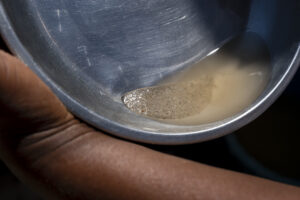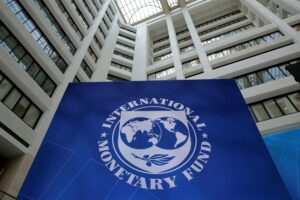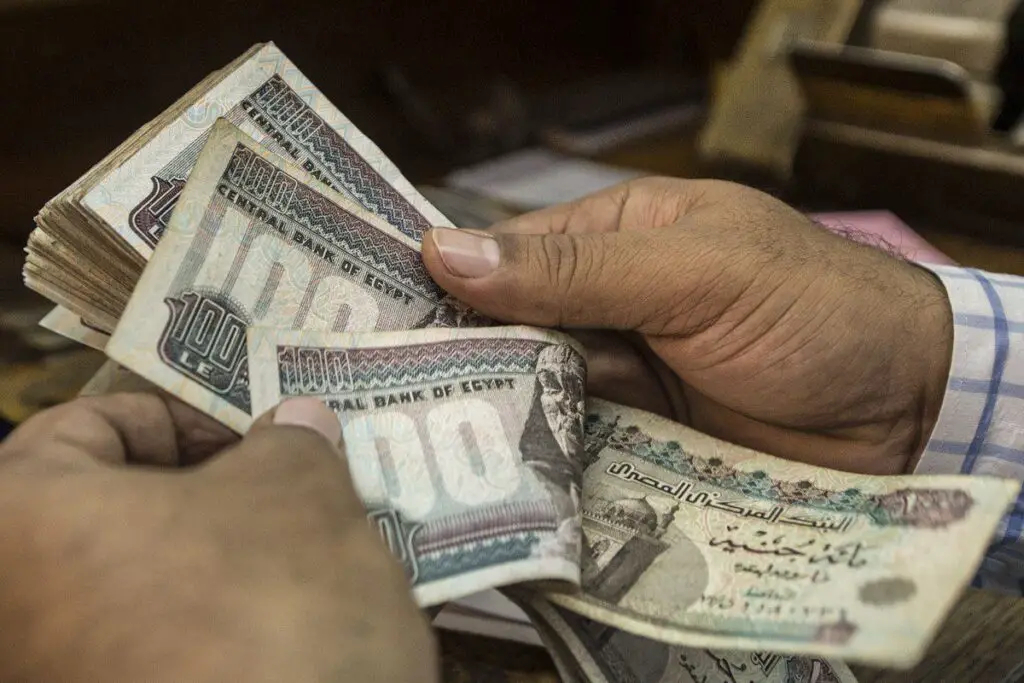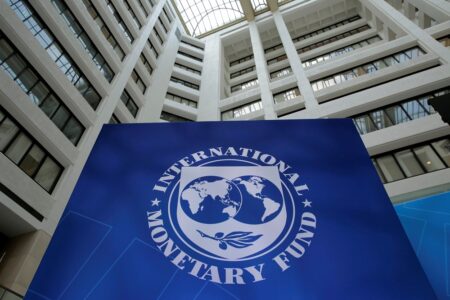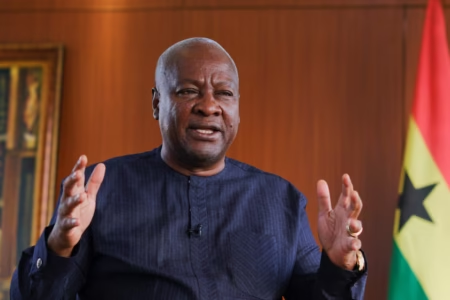- Egypt’s economy has recently been on life support as the national debt continued to mount.
- The investments from Saudi Arabia and further funds anticipated from the World Bank and IMF will give Egypt enough cash to meet its debt obligations and maintain stability in its recently floated currency.
- The significant official and bilateral support announced and marked policy steps that Egypt has taken will, if maintained, support macroeconomic balancing.
Egypt’s economy on life support
Egypt’s economy has recently been on life support as the national debt continued to mount. The Egyptian currency has weakened against the US dollar, with rising inflation rates close to 30 per cent, occasioning a capital flight. Moreover, the overlapping global shocks and the domestic supply of bottlenecks have adversely impacted the country’s economic activity.
Egypt has also suffered from rising global interest rates and soaring commodity prices in international markets. These overlapping factors widen the current account deficit, inflate external debt, and deplete foreign reserves, pushing Egypt’s economy to the brink of default.
The Russian invasion of Ukraine caused commodity prices to soar, hiking the cost of imported wheat and forcing bond investors to flee large numbers, withdrawing almost $20 billion from Egypt.
The strain increased as Israel engaged in conflict with Hamas in Gaza. Tourists kept away from Israeli beaches and ancient sites, slowing the flow of income from tourism. Shipping attacks by Houthi militants in the Red Sea through the Suez Canal also negatively impacted a critical source of income for Egypt.
Egypt has been a crucial mediator in the Gaza cease-fire negotiations, working with the US and Qatar. Egyptian authorities have attempted to get more aid into Gaza. Nevertheless, Egypt has declined requests to take in hundreds of thousands of Palestinian civilians, noting that doing so could undermine their cause for independence and pose a security risk should Hamas fighters follow them.
After Israel temporarily ceased extracting gas from the Tamar gas field, Cairo was forced to reduce domestic consumption and lost many months’ income from reexporting Israeli gas.
Additionally, the North African nation has lost money from cargo ships that use the Suez Canal, as trade has drastically slowed down since Hamas-aligned Houthi rebels started targeting commercial ships in Yemen’s surrounding waters.
Inflationary pressures
Egypt’s inflation rate accelerated unexpectedly in February, a trend that might persist after a much-awaited floatation of the pound aimed at turning around Egypt’s troubled economy.
Consumer prices in the urban parts of the country rose by 35.7 per cent in February compared to 29.8 per cent in January, according to data from the state statistics agency CAPMAS. Prices rose 11.4 per cent month on month, a record figure in the country.
Food and beverage prices, accounting for the most significant single component of the inflation basket, soared 50.9 per cent annually and 16.7 per cent monthly.
“Unexpectedly large spikes” in food, health, education, and recreation prices fueled the increase, according to Allen Sandeep, research director at Naeem Holding in Cairo. A record interest rate hike last week appears to have been a “front-loaded move to tackle inflation,” he said.
Egyptian consumer price growth has gradually slowed since hitting record levels last summer amid the decades-old North African country’s worst economic crisis. Now, the focus shifts to the impact of the central bank’s decision to let the pound depreciate more than 38 per cent, helping secure a fresh $8 billion deal with the IMF.
Read Also: AfDB Projects in Egypt and Côte d’Ivoire Win Top Honors
Gulf Power Play Deal to Help Avert an Economic Crisis
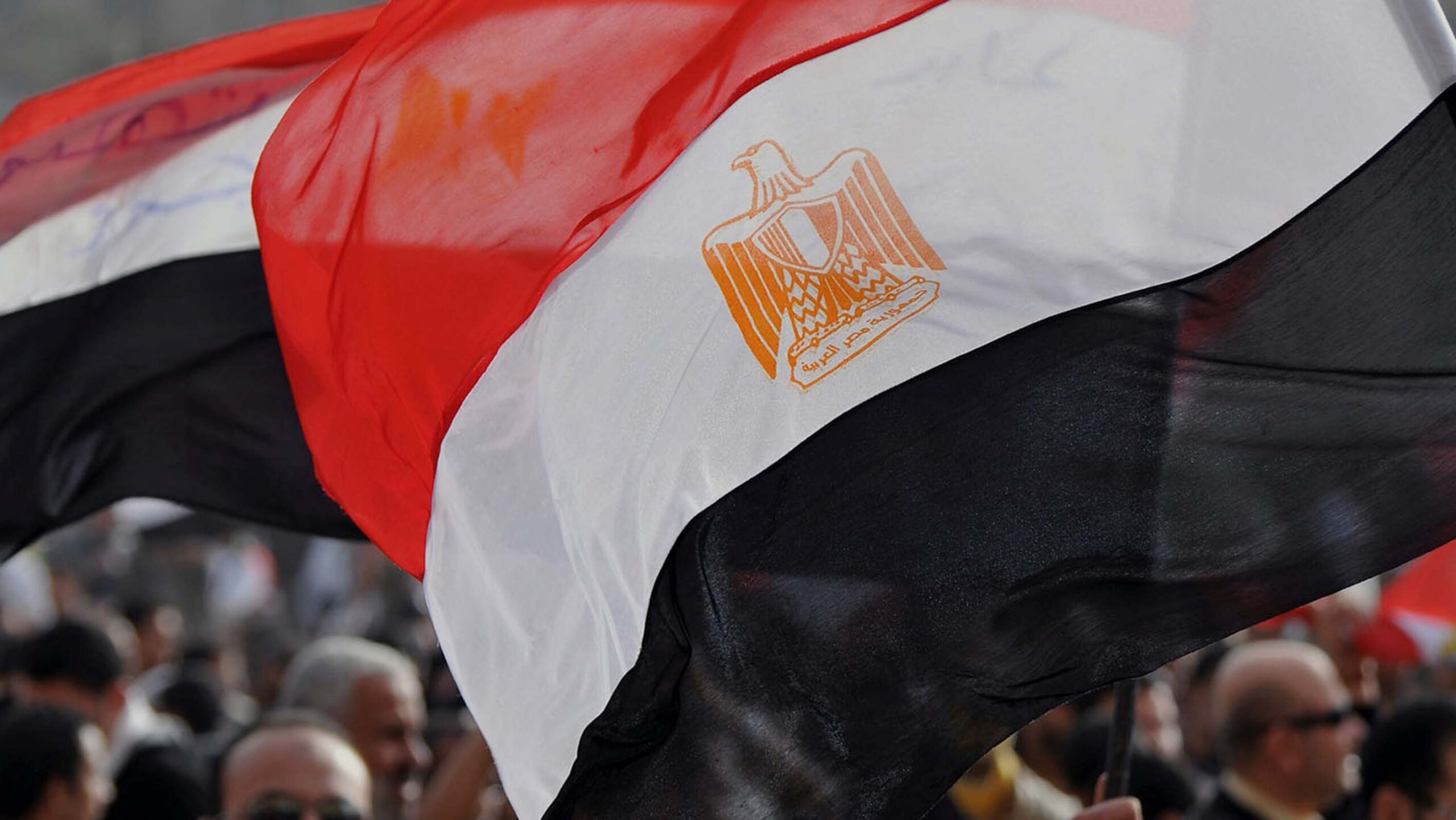
Additionally, the country implemented a significant interest rate hike that allowed its currency to weaken by more than 38 per cent. The government further declared that the current IMF rescue package would be increased to $8 billion.
These actions represent the pinnacle of international efforts spearheaded by Gulf oil-rich governments and supported by the US and the IMF to stabilise a nation deemed vital to the Middle East but battered by soaring inflation and a border conflict.
Foreign investors have already praised the turnaround and stated that they anticipate bond traders will send billions of dollars to Egypt in the upcoming months.
Moreover, Egyptian and Saudi authorities are discussing the development rights for the Ras Gamila region of the northern Red Sea coast. If a deal is agreed upon, the kingdom will follow in the footsteps of the neighbouring UAE, which announced a $35 billion investment in late February, most of which will develop a peninsula on the Mediterranean coast.
The negotiations between Egyptian and Saudi authorities over Ras Ganmila, near the Sinai resort city of Sharm El-Sheikh and across the Red Sea from the Saudi Arabia Neom mega project, are in the early stages and could fall through.
The site is far smaller than Ras El-Hekma, which is about three times the size of Manhattan, but if agreements push through, it will amount to several billion dollars.
As the political heavyweight in the region, Saudi Arabia accelerated its deal talks in response to the UAE’s recent actions in Egypt, which included buying shares in government-owned businesses. Other investments with more Gulf partners will probably follow the Emirates investment.
The investments from Saudi Arabia and further funds anticipated from the World Bank and IMF will give Egypt enough cash to meet its debt obligations and maintain stability in its recently floated currency. It will ultimately improve Egypt’s credit rating and reduce borrowing.
The Gaza situation has emphasised Egypt’s geopolitical status. As a result of its scale and impact on regional political dynamics, countries emphasised stabilising Egypt even more.
Support from the World Bank raises prospects.
After securing an expanded IMF program, the World Bank will support Egypt with $3 billion. There is also an expectation for more support from the European Union, Japan and the UK following the central bank’s decision to float the Egyptian pound after a record 600 basis-point rate hike.
The floatation was a key catalyst for the IMF’s decision to agree to boost Egypt’s $3 billion loan program, which it approved in 2022, to $8 billion. According to Egypt’s Finance Minister Mohamed Maait, the IMF would release the initial tranche of the funds under the program after its board approves the revised program.
Also crucial was Egypt’s securing a $35 billion investment deal with the UAE. This funding is vital to easing the country’s recent struggles with foreign exchange.
Moreover, the funding from the IMF, World Bank, and other bilateral lenders has seen Moody’s rating rise Egypt’s outlook to a positive level. According to a statement from the company, the credit-rating firm changed Egypt’s outlook from negative to positive.
The move is a testament that the significant official and bilateral support announced and marked policy steps that Egypt has taken will if maintained, support macroeconomic balancing. The expected investments will cover Egypt’s external financing gap until June 2026, significantly reducing downside risks.
